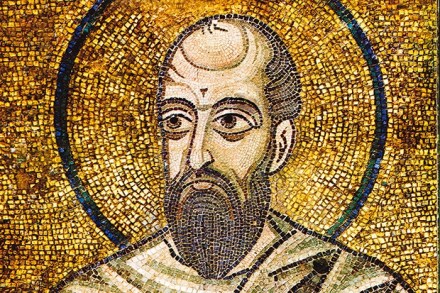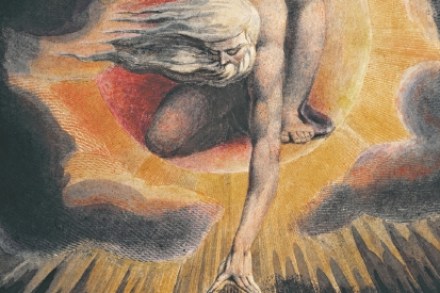When pop gave way to rock
According to David Hepworth, the year he turned 21 was also the year when ‘a huge proportion of the most memorable albums ever made were released’. Having been a rock journalist for four decades, he does of course know the theory that everybody thinks music was at its best when they were young. But, as he puts it with untypical — if presumably ironic — machismo, the ‘important difference in the case of me and 1971’ is that ‘I’m right’. The strange thing is that he might well be. If the Mercury Prize had existed in 1971, Hunky Dory, Led Zeppelin IV, Imagine, Every Picture tells a Story, Who’s Next




















